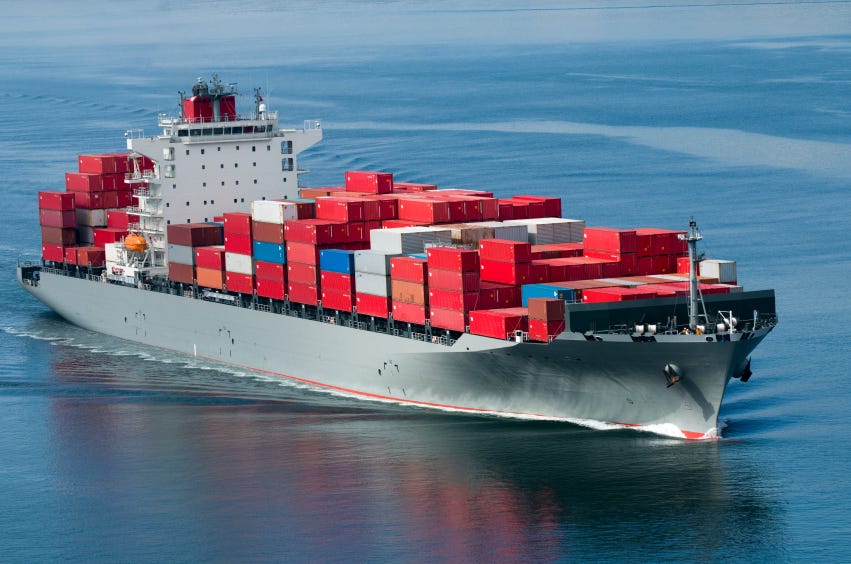No ‘Decoupling’: Taiwan Increases Economic Reliance on China
Efforts to reduce dependence on Beijing flag despite rising tensions
By: Jens Kastner
Although Taiwan’s President Tsai Ing-wen is widely being credited for reducing the island’s economic reliance on its increasingly hostile neighbor China, recent official data shows that exactly the opposite is happening.
China’s share of Taiwanese exports inched up to 43.9 percent in 2020 from 40.1 percent in 2019, even as a number of key Taiwanese tech manufacturers, including Innolux, Accton Technology and Quanta Computer have moved production capacity to Taiwan from China in an effort to escape the downside of the US-China trade war. The rise in China’s share at the expense of Japan (6.8 percent, from 7.1 percent), EU (7.6 percent, from 8.4 percent) and ASEAN (15.4 percent, from 16.4 percent) is no small feat, given that Taiwan’s job market and fiscal position rely heavily on outbound shipments of merchandise goods.
Similarly, whereas Taiwan’s approved inbound foreign direct investment dropped by a steep 20.2 percent year on year in January-November, inbound investment from China rose strongly, by 31.5 percent in the same period. The January-November outbound investment data also indicates a tightening of China’s economic grip on the island, with China-bound far outpacing non-China-bound at 50.4 percent compared to 27.4 percent.
This trend is accompanied with drastically increased military pressure: the Chinese air force in recent months has daily breached Taiwan’s air defense identification zone. Beijing has also strengthened the legal groundwork for giving legal legitimacy to launch a war, amending its National Defense Law on January 1, widening the scope for using force.



